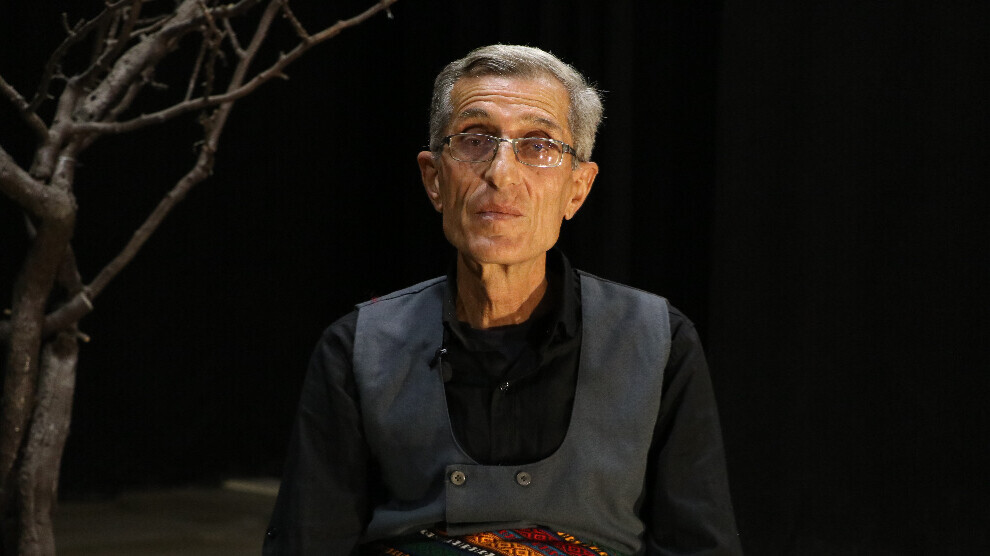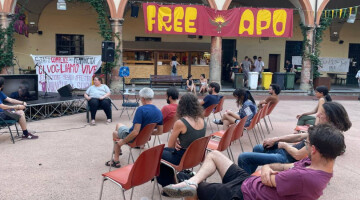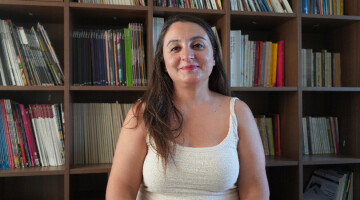Henan Sîdo and Newroz Silêman, TEV-ÇAND co-chairs of the Afrin-Sheba Canton, spoke to the ANF about the importance of Kurdish culture.
Henan Sîdo said that the PKK was not only a political and military movement, but also played an important role in the construction of social culture, and added: "Before the PKK, culture was not given enough importance within social movements, but with the PKK and its revolution, culture has become important in terms of society and revolution. The cultural movement played a major role in the revolution. We were initially established as a group and developed our work step by step. If the consciousness of protecting culture is at the core of a revolution, this revolution will be successful."
Sîdo added: "For this reason, the Freedom Movement has successfully resisted all attacks and plans targeting us for 50 years. Because this movement brought together and organized all segments of society. When we built our institutions with the Autonomous Administration process, TEV-ÇAND also organized within itself and actively participated in the revolutionary work. Before the establishment of the PKK, many political and national structures were established, but none of them gave the necessary importance to culture. The PKK, on the other hand, became a pioneer in this field with the importance it gave to culture and its support. Culture reveals the identity of a society in revolution. The Kurdish people embrace their history and identity. Our work on this basis continues today."
A heritage reaching from Ayşe Şan to Martyr Mizgîn
Emphasizing that the development of Kurdish culture gained momentum with the establishment of the PKK, Afrin-Shehba TEV-ÇAND co-chair Newroz Silêman said: "The process that started with Rêber Apo [Abdullah Öcalan] and his friends in 1978 was a turning point for the Kurdish people. This was the creation of a new history and life. Women artists went through great difficulties and dark periods. Our emotions seemed to be trapped between four walls. However, thanks to the Freedom Movement and its resistance, women can now freely express their feelings and talents. For the first time, women’s freedom has become so debatable and women have found their own identities. The importance the Leader gives to women is a major factor in this. That is why, today, we women also embrace this labor and continue on this path."
Silêman added: “Today, thousands of women artists have emerged under the leadership of martyr Mizgîn and martyr Delîla. These martyrs took the lead, raised their voices, and said, we are women, we exist, we will develop our art in every field, we will use our art to serve the revolutionary people. With the growth of the Freedom Movement, we can say that today, as women, we have achieved our dreams and aspirations. Because when we were young, we did not have this many opportunities to develop ourselves and spread our voice everywhere, but today, thanks to the Freedom Movement and the martyrs, thousands of young women are filling the squares with their love, voice and color. Thanks to the Freedom Movement, every woman discovered her own talents and offered them to the service of society. Revolutionary art has come to this day with a legacy that extends from Ayşe Şan and Meryemxan to the martyrs Mizgîn and Delila. We are taking over this legacy and calling on young people to be the voice of society through art.”















